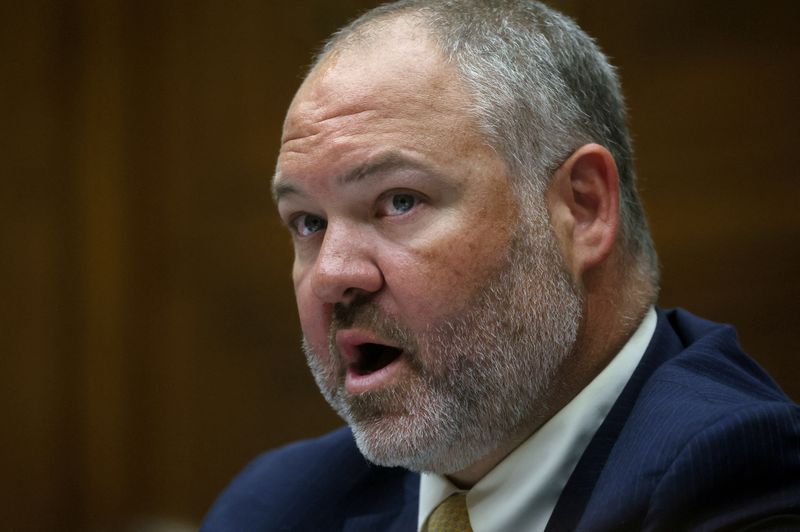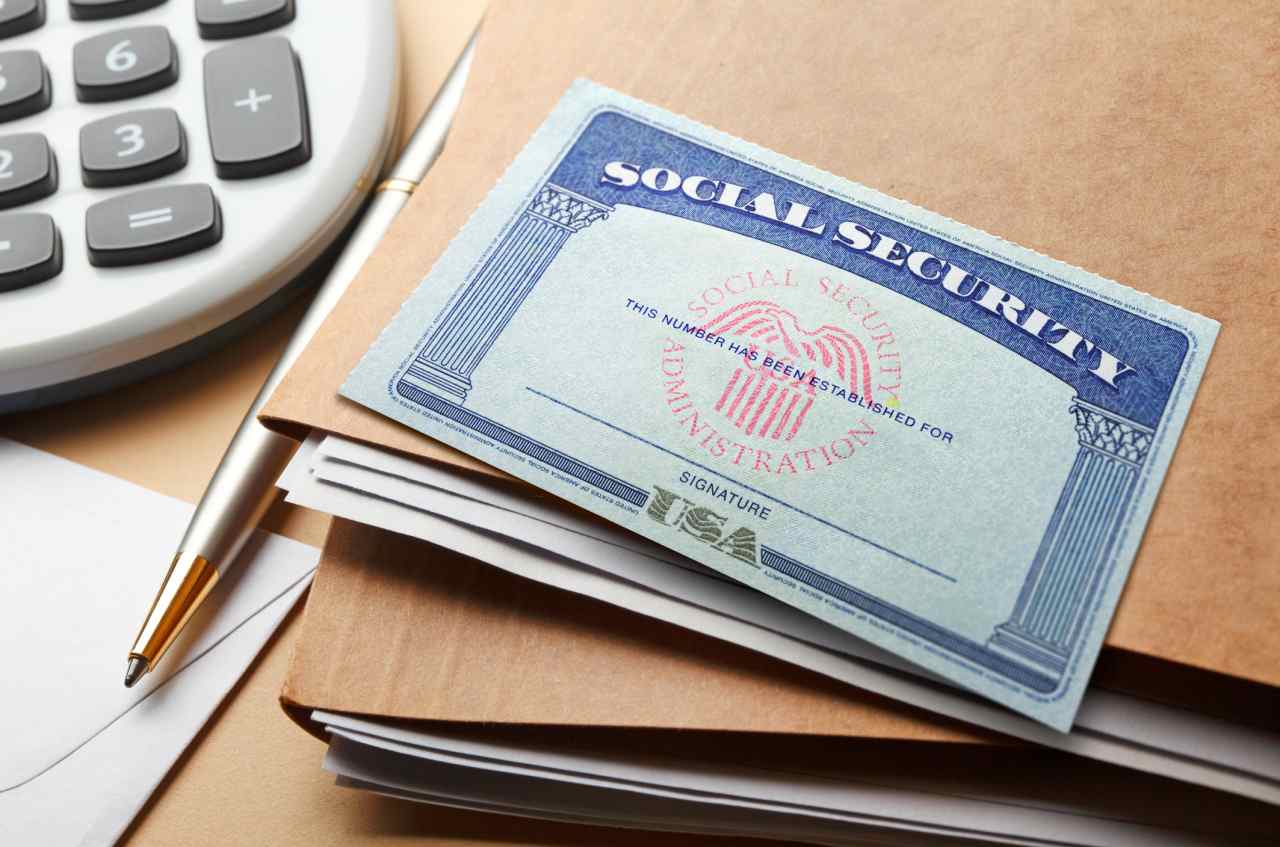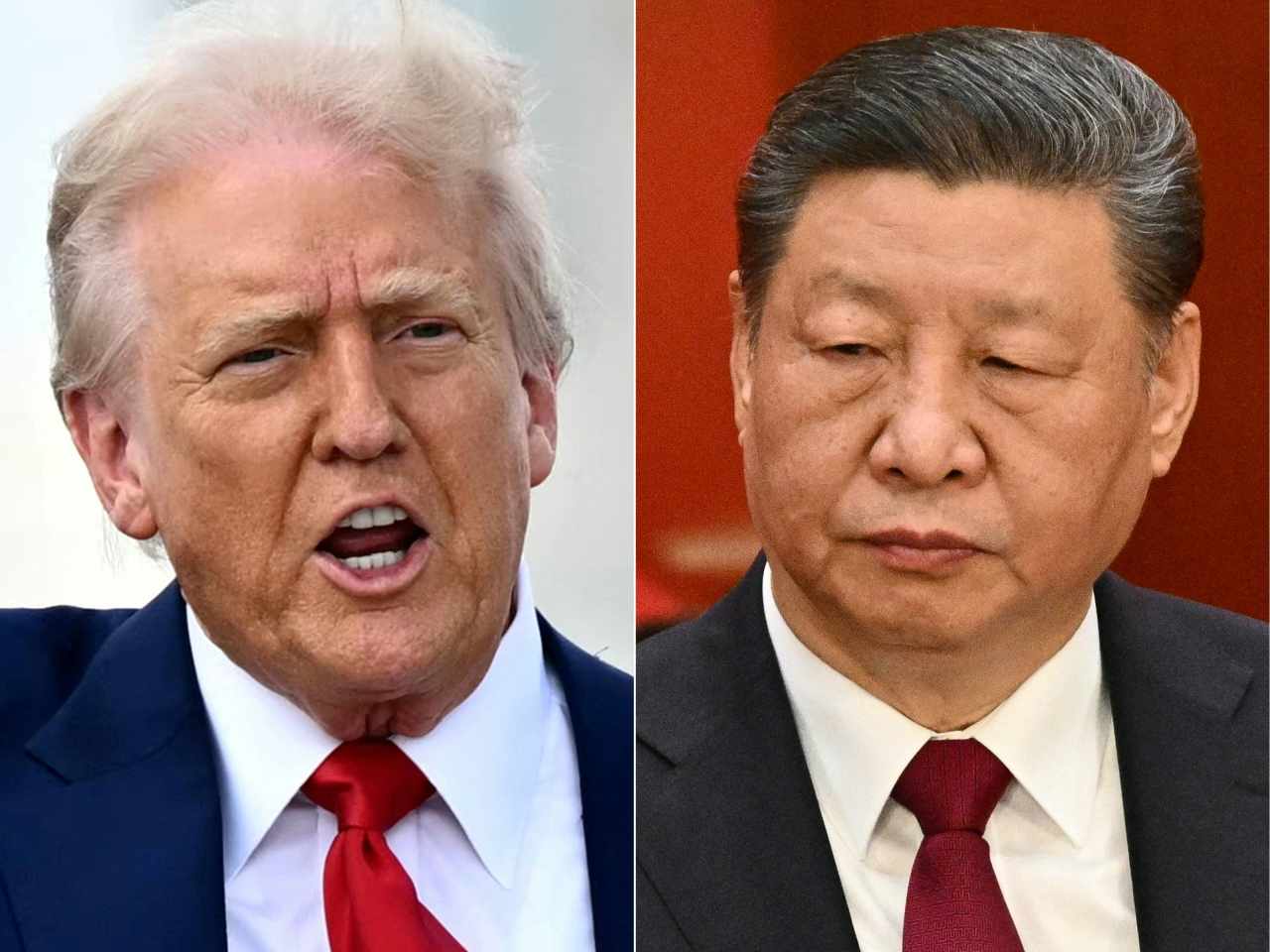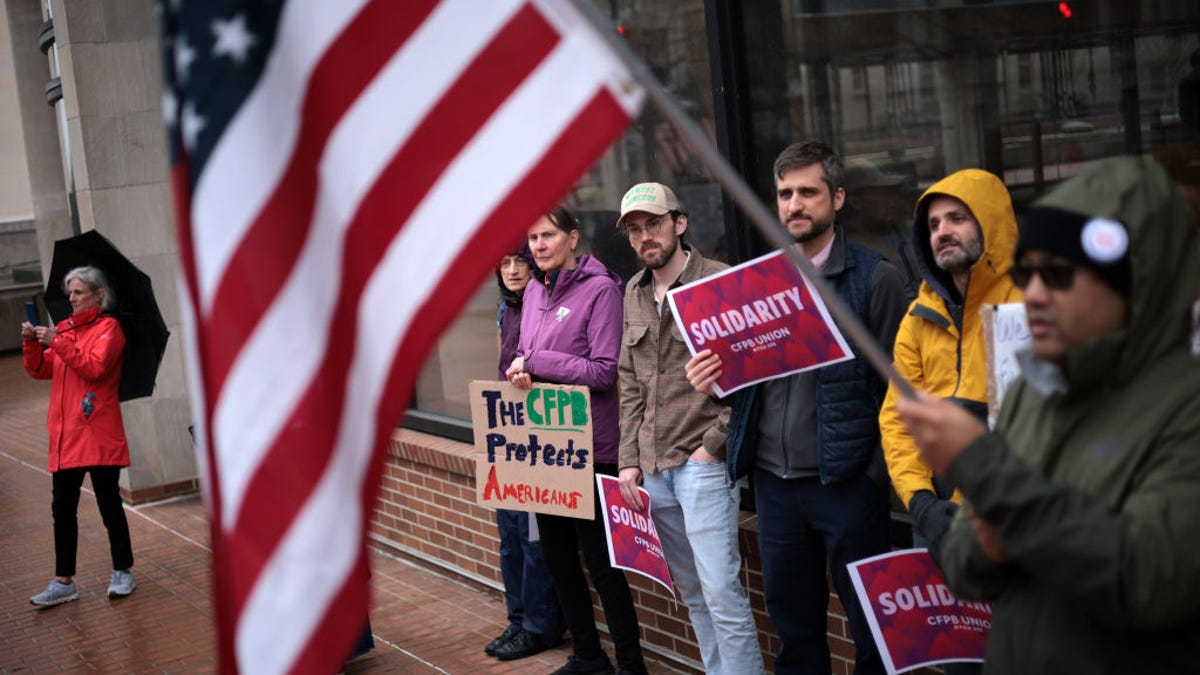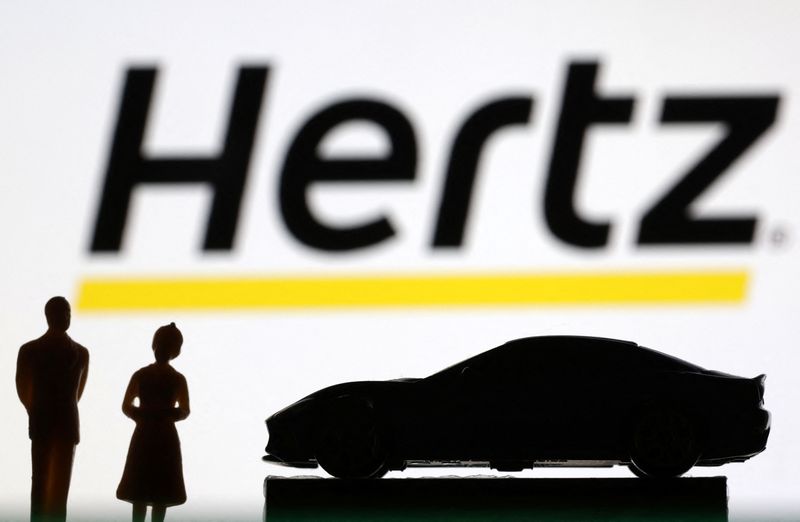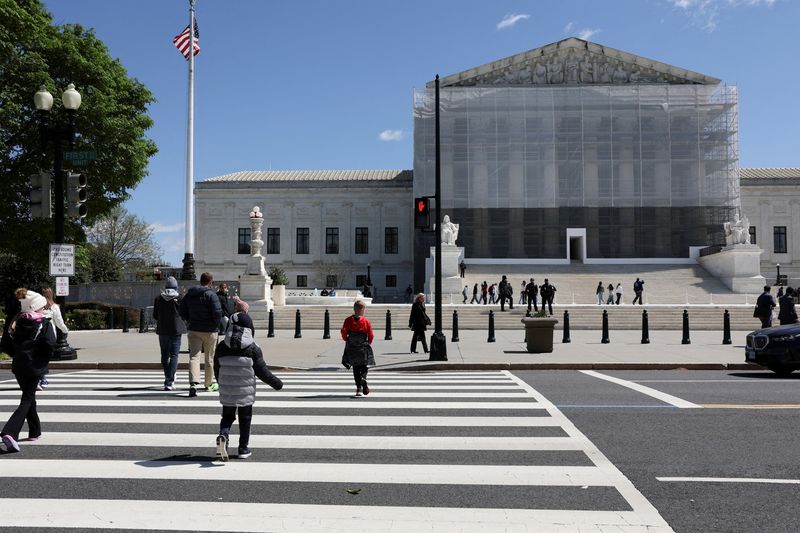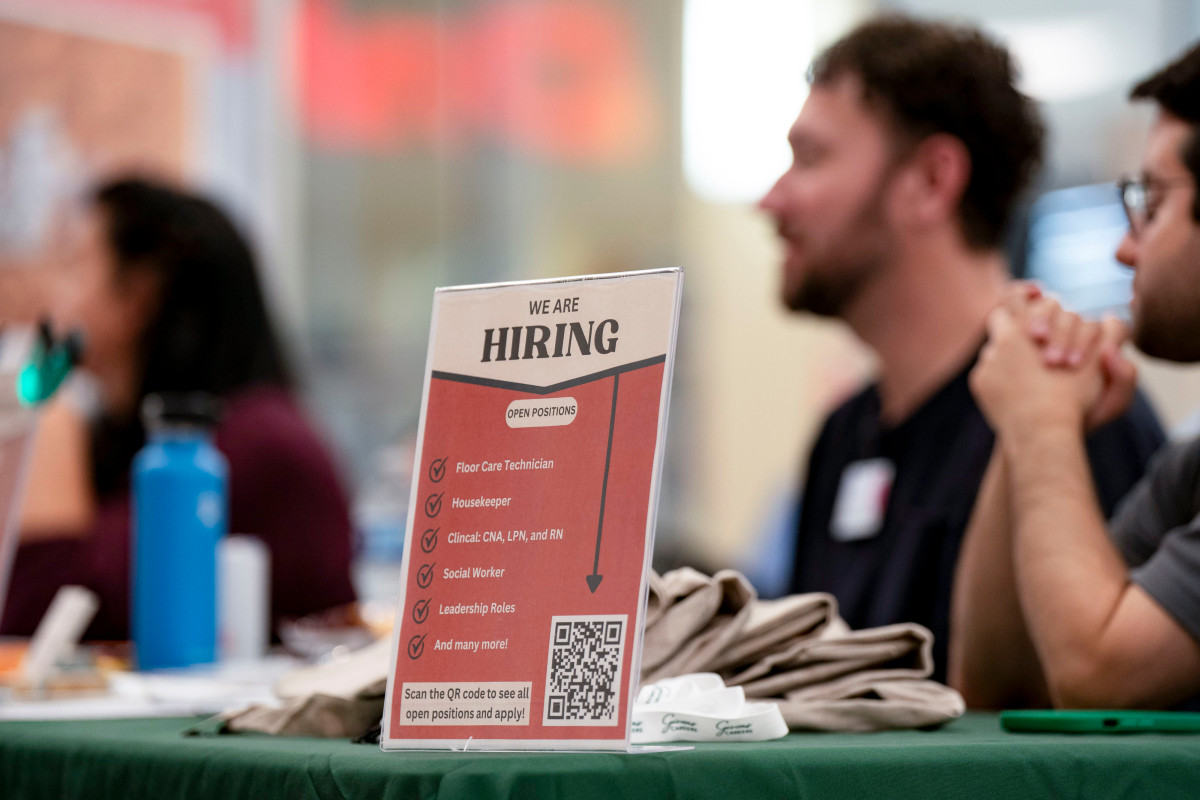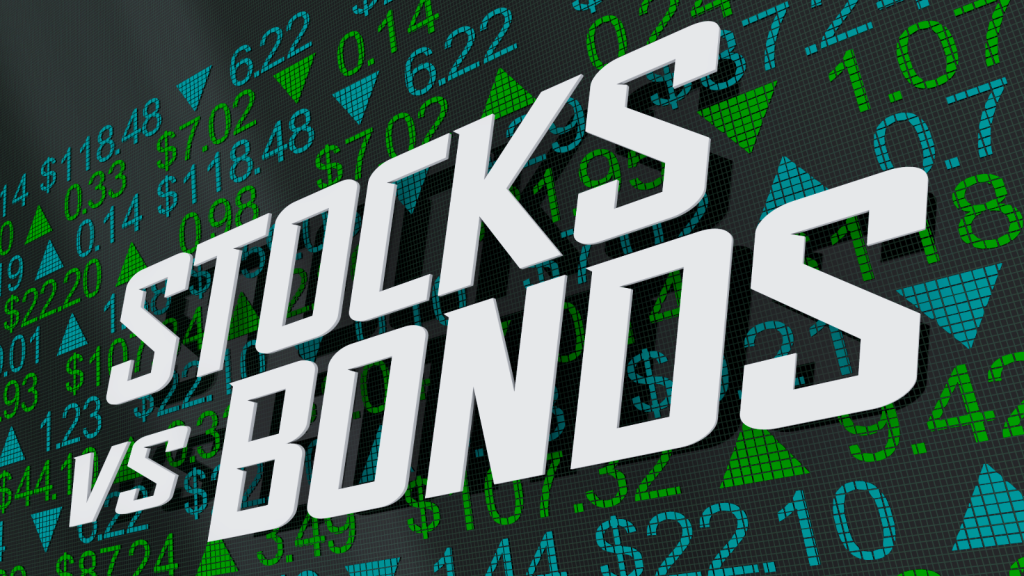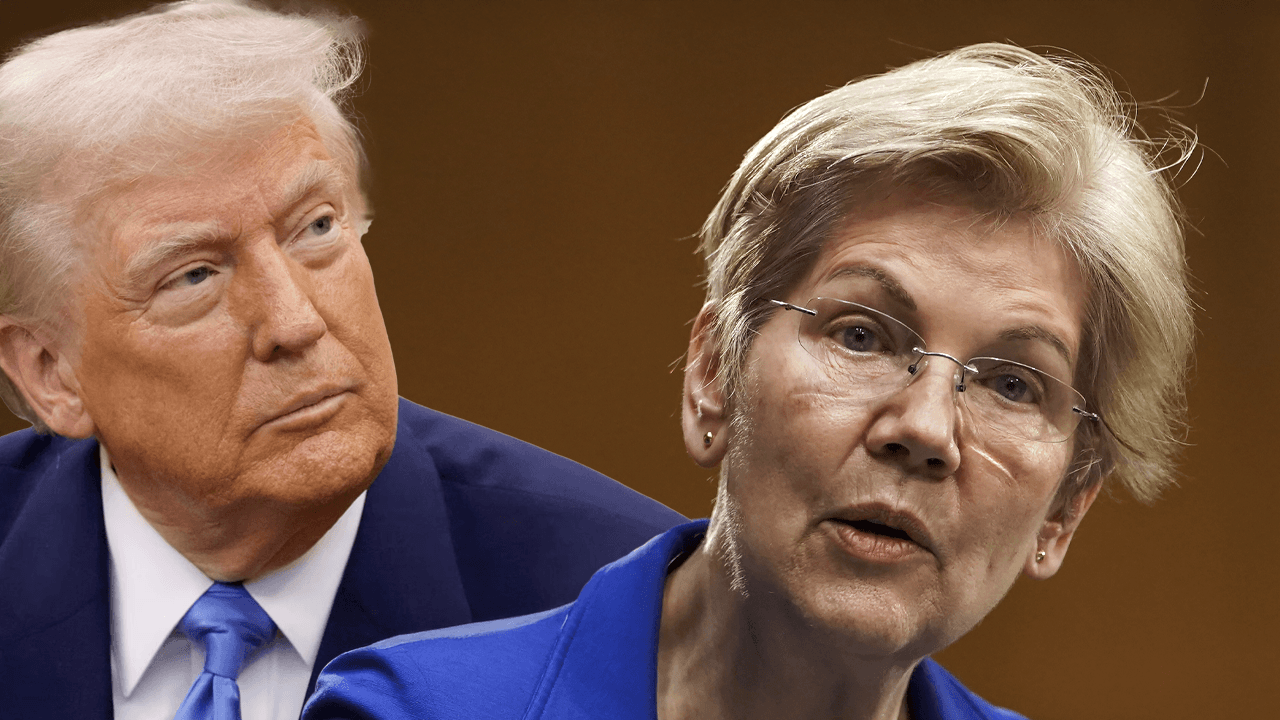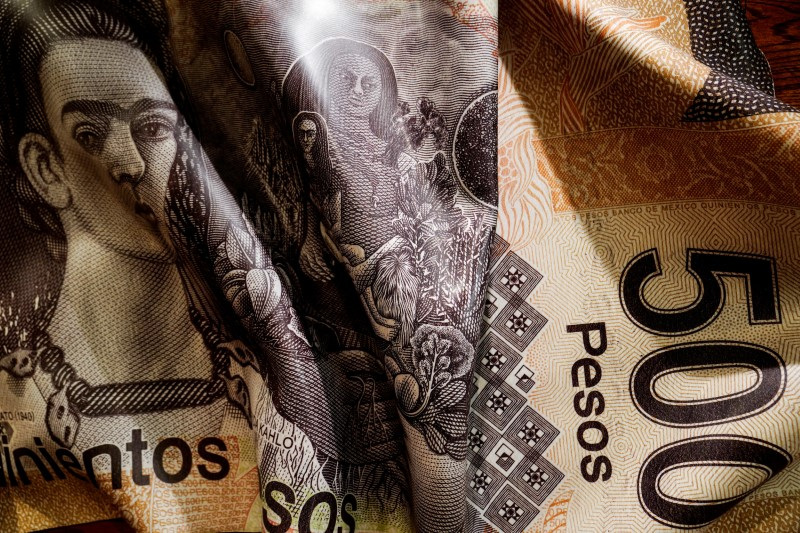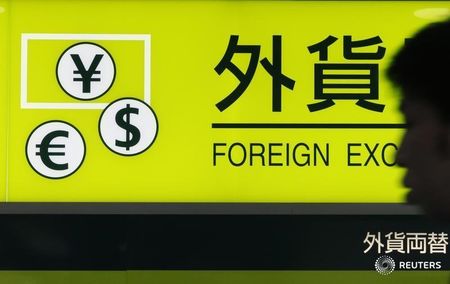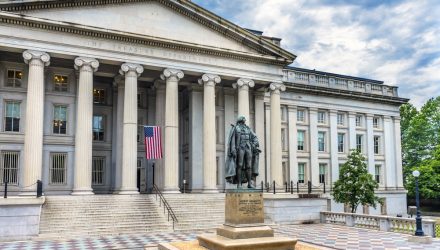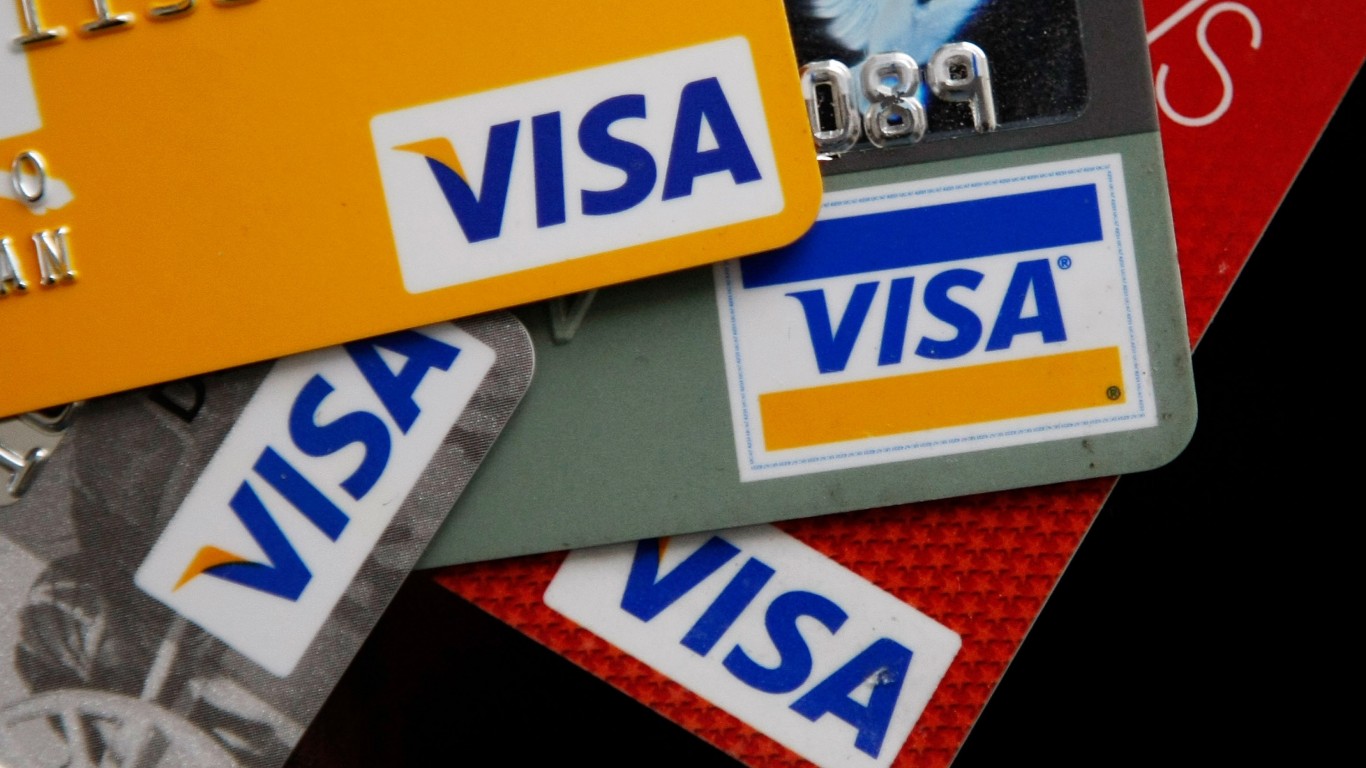I’m dumb when it comes to credit cards, but I want to upgrade my current card to something with travel benefits
Today’s catch from the Reddit discussion files is that rarest of birds: An American consumer holding only one credit card and looking to “upgrade” his card to something a bit more suited to an occasional traveler. Let’s begin with the basics. Our inquirer today (let’s call him “Phil”) is a humble soul. Phil claims to […] The post I’m dumb when it comes to credit cards, but I want to upgrade my current card to something with travel benefits appeared first on 24/7 Wall St..

Today’s catch from the Reddit discussion files is that rarest of birds: An American consumer holding only one credit card and looking to “upgrade” his card to something a bit more suited to an occasional traveler.
Key Points
-
When you current cash back credit card starts rolling back benefits, it’s time to look for a new card.
-
A dedicated travel credit card will often offer waived foreign transaction fees as a benefit.
-
Most Americans carry more than one credit card, and there can be benefits to that.
-
The right cash back credit card can earn you hundreds, or thousands of dollars a year for free. Our top pick pays up to 5% cash back, a $200 bonus on top, and $0 annual fee. Click here to apply now (Sponsor)
Let’s begin with the basics. Our inquirer today (let’s call him “Phil”) is a humble soul. Phil claims to be “dumb” about credit cards, says he doesn’t “make a lot in income,” and also “doesn’t spend a lot day to day.”
At the same time, the one credit card Phil does have carries a very respectable $12,800 credit limit. Phil also has a 755 FICO score (which FICO would define as “very good”) and a respectable annual salary of $55,000, which according to US Census Bureau data, is above the median per capita income in the U.S.
All things considered, I’d say these data make Phil sound like a pretty typical American consumer, perhaps even a bit above average on credit rating and income, and apparently more conservative than most both in his spending habits and amount of plastic in his wallet. (So don’t beat yourself up, Phil. You’re doing just fine).
Now, on to Phil’s problem.
Phil’s first card
Phil possesses only one credit card at present, a US Bank Cash+ Visa Signature that he’s held since November 2021, and looking up this card’s stats on the US Bank website, it sounds like a pretty good one.
Charging no annual fee, the US Bank Cash+ Visa Signature card pays a minimum of 1% cash back on purchases, and pays 2% on purchases in a single category (such as grocery stores, restaurants, or gas stations), that Phil gets to choose himself, and can change at the beginning of each quarter. Best of all, Phil gets to choose two more categories (including fast food restaurants, utilities, cellphone bills, and internet bills) per quarter, and receive 5% cash back on those two, up to a limit of $2,000 in spending every quarter. (After the first $2,000 in spending, these 5% categories are treated as 1% categories for the remainder of the quarter).
I have to say, these sound like very generous terms. Indeed, perhaps too generous. US Bank is already preparing to restrict these benefits, and says that effective April 14, 2025, card holders won’t be able to claim 5% cashback at Walmart or Target or any wholesale clubs such as Costco or BJ’s. Plus, and of great importance to Phil’s situation, the US Bank Cash+ Visa Signature card doesn’t appear to waive foreign transaction fees, and that can be important for someone like Phil, who likes to travel.
Sounds to me like Phil might have the right idea about looking for another card.

A new card for Phil
What should he choose? Well, Phil’s already got a few prospects picked out. Marketed as travel cards, each offers the benefit of waiving foreign transaction fees:
- The Capital One VentureOne card, which has no annual fee, pays out 1.25 “miles” per dollar charged on the card, and 5 miles per dollar spent on hotels and rental cars (if booked through Capital One). The VentureOne card will also award Phil 20,000 bonus miles if he charges $500 on the card within three months of opening an account. That shouldn’t be a problem. Phil states that in addition to rent, he charges about $335 a month for groceries, restaurants, phone, and other utilities.
- The Delta SkyMiles Blue American pays 2x “miles” for money spent on restaurants and purchases on Delta, and 1x for everything else. This card charges no annual fee. Its welcome bonus is a bit smaller than Capital One’s at only 10,000 bonus miles, and requires more spending to earn it, $1,000. However, AmEx gives Phil six months to hit that number, which makes things easier.
- The Chase Sapphire Preferred is the most generous of the cards Phil’s considering, paying 5x “points” per dollar spent on airfare through Chase’s Travel website, 3x for restaurants and grocery purchases, 2x for “other travel purchases,” and 1x for everything else. The downside? There’s a $95 annual fee. Also, to get the signup bonus for this one, a whopping 60,000 points, Phil must charge at least $4,000 to his card in the first three months. That’s not going to be easy for frugal-spending Phil. And it means arguably the biggest benefit of the card is going to pass him by.
Which card should Phil choose?
Were I choosing just among these three, I think I’d have to counsel Phil to go with Capital One, and snag its 20,000 “miles” offer. However, I would suggest that Phil not follow through on his plan to “upgrade” his US Bank card and replace it with a dedicated travel card.
Why not? A couple of reasons, actually. For one, the US Bank card already has racked up a few years of credit history, and replacing it with a new card with zero history could ding his 755 credit score. Instead, I’d suggest Phil keep the US Bank card and, after he’s qualified for the full Capital One welcome bonus, use the US Bank card wisely.
How should he use it, exactly? That’s the other reason. US Bank’s 5% cash back in two specific categories is what I’d focus on. Pick big ticket items like restaurants and utilities, where Phil spends most of his money, and max out that 5% bonus. Spending only $1,000 a month on those categories, he probably won’t max it out entirely, but to the extent he can put this kind of spending on this specific card, he should. And this is cash back that he can then use on anything he likes, travel included. He can choose groceries for his 2% category, and use his new card for everything else.
As for Phil’s travel plans specifically, with no foreign transaction fees and 1.25 “miles” per dollar spent the Capital One card should suffice for that. And the chance to earn extra miles for hotels and rental cars booked through Capital One is a nice added perk.
The post I’m dumb when it comes to credit cards, but I want to upgrade my current card to something with travel benefits appeared first on 24/7 Wall St..




